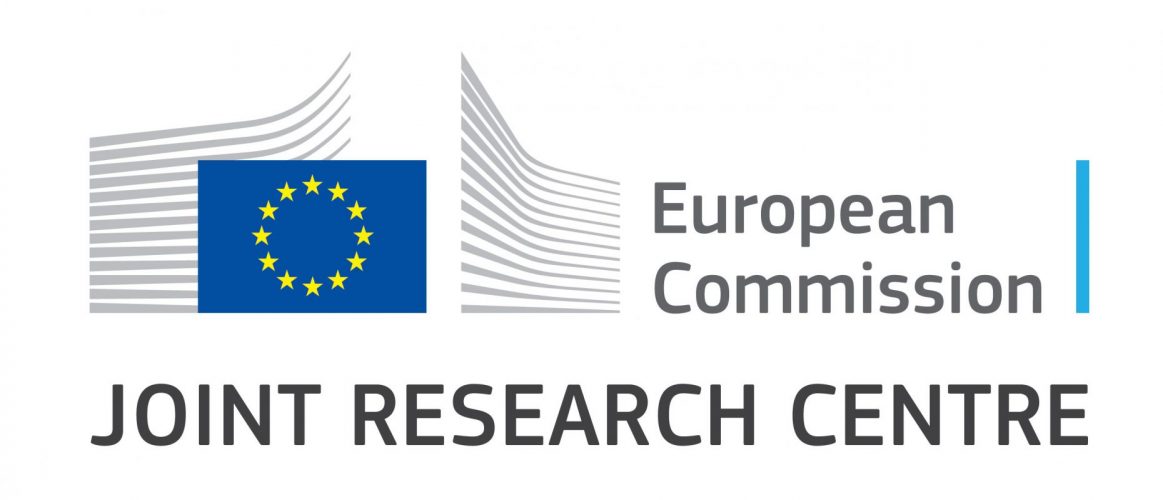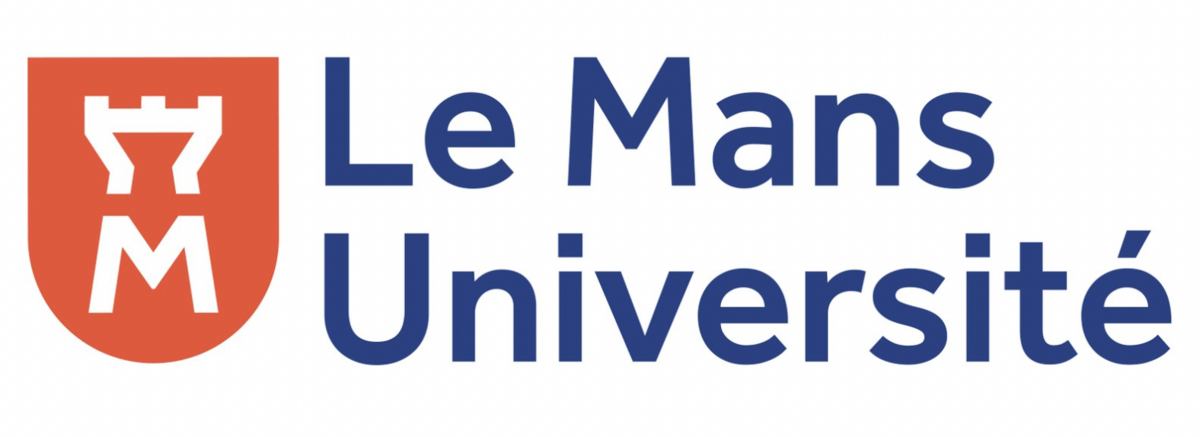Webinar series: Developing Digital Curricula and Competencies
Digitalisation affects all disciplines in Higher Education. Texts and images are being digitized. Advanced simulations are changing the way we understand and teach problem solving for instance in financial markets and supply chains. Social media platforms are born digital, and the amounts of data they produce calls for quantitative approaches in analyses. It is likely that you can easily come up with examples from your field of research and teaching.
Generally speaking, there are two primary drivers or motivators for the need to digitally upgrade the degree programmes of the university in order to equip future candidates with adequate digital knowledge, skills and competencies:
- Development within research fields
- Developments in employers' demands for new skills
But how should we deal with it in the curriculum? What are digital competencies? And most importantly: how can Higher Education embed digital competencies and tools in the curricula and the teaching practices?
The aim of the Webinar series: Developing Digital Curricula and Competencies is to offer a guided tour through a range of principal curricular and didactic questions generated from the digitalisation of the disciplines.
Webinars
October 7th 2022: The Political Level: Digitalisation in higher education
Speakers
Anastasia Economou and Georgios Kapsalis
DigCompEdu Team EU

The webinar will introduce the international framework for Digital Competences in Education: DigCompEdu. https://publications.jrc.ec.europa.eu/repository/handle/JRC107466
The European Framework for the Digital Competence of Educators is a scientifically sound framework describing what it means for educators to be digitally competent. It provides a general reference frame to support the development of educator-specific digital competences in Europe.
The webinar will focus on the framework model background, aims and educators' professional competencies development.
Furthermore, we ask: How can research based educations use the teachers “subject specific digital competences” and cultures to highlight students' digital competence development within the given subject and throughout a specific education?
Chair: Mads Dahl
Time: 10.00-12.00 (CET)
Sign up here: https://events.au.dk/dccinhe/signup
November 4th 2022: The Programmatic Level: Digitalisation in academic programmes
Speakers

Tina Bering Keiding
Head of section for Programme Development, CED
Aarhus University

Niels Lehmann
Vice-Dean for Education, Faculty of Arts
Aarhus University
Digital competencies can be embedded in a curriculum in different ways. The webinar will introduce four models covering a range from full integration in selected modules over semi-and inter-curricular models where digital competencies are taught as a learning trajectory linked to selected modules to a model where digital competencies are taught in extracurricular models. The models are concretized by examples from different academic programmes at Aarhus University. Finally, we discuss the advantages and disadvantages of each model.
Chair: Niels Lehman
Time: 09.00-11.00 (CET)
Sign up here: https://events.au.dk/dccinhe/signup
November 18th 2022: The Practical Level: Digitalisation in Teaching
Speakers
Computational Methods in Archaeological Fieldwork
Count Your Text: Digital Text Analysis
Helle Alsted Søndergaard, Michela Beretta and Arthur Hjorth
Digital Methods 4 All
The webinar will introduce three teaching cases on how to include digital methods and tools in courses to teach students digital competencies. The teaching cases will present how this has been done in practice and what lessons have been learned. The presenters will be from three different disciplinary fields within the humanities and the social sciences.
The teaching cases are all planned and conducted as part of the Digital Curriculum project - a 3-year project offering a framework for developing digital competencies among academic staff and initiating discussions on how to integrate digital knowledge, methods and competencies in curricula in HE. The project explores the relevance of digitalization within courses and curricula in the fields of humanities and social sciences and offers several resources and teaching cases addressing this on the project website.
Chair: Dorte Sidelmann Rossen, Coordinator of the Digital Curriculum project; Centre for Educational Development, Aarhus University
Time: 10.00-12.00 (CET)
Sign up here: https://events.au.dk/dccinhe/signup
November 25th 2022: Mapping students’ digital competencies development
Guest speaker
Mohammed Oubella
Project leader PIX Le Mans University

The webinar will introduce the EUPIX framework developed to assess and visualize students’ digital competences and development.
Digital skills are increasingly essential in our personal, professional or civic life, digital skills are not just about being social media savvy or a coding genius. It's a bit of all these things, and much more!
I this webinar we will hear about the PIX implementation, organization and experience from Le Mans University. What are the underlying ideas of the framework? How can it be used at a university? And what can we learn from it?
Chair: Mads Dahl
Time: 10.00-12.00 (CET)
Sign up here: https://events.au.dk/dccinhe/signup
Programme for each webinar:
Part 1: Lecture
| 10.00 – 10.10 | Presentation of the topic and agenda |
| 10.10 – 10.15 | Introduction of speakers |
| 10.15 – 10.45 | Keynote(s) |
| 10.45 – 11.00 | Questions and discussion with keynote |
| 11.00 – 11.15 | Break |
Part 2: Workshop
| 11.15 – 11.25 | Intro to the workshop format |
| 11.25 – 11.45 | Group work on 2-3 questions |
| 11.45 – 11.55 | Summing up the results |
| 11.55 – 12.00 | What’s next |
These webinars are hosted by Centre for Educational Development, Aarhus University and the Danish project Digital Curriculum.
The webinar series are free and open to educational leaders, academic staff, educational developers who want to learn more and share ideas and experiences about digitalization of the curricula in Higher Education.
This series would not be possible without many generous colleagues from near and far, who have accepted to share their ideas and experiences in the webinars. A heartfelt thanks to all of you!
Note: The webinars are not recorded.
Contact
